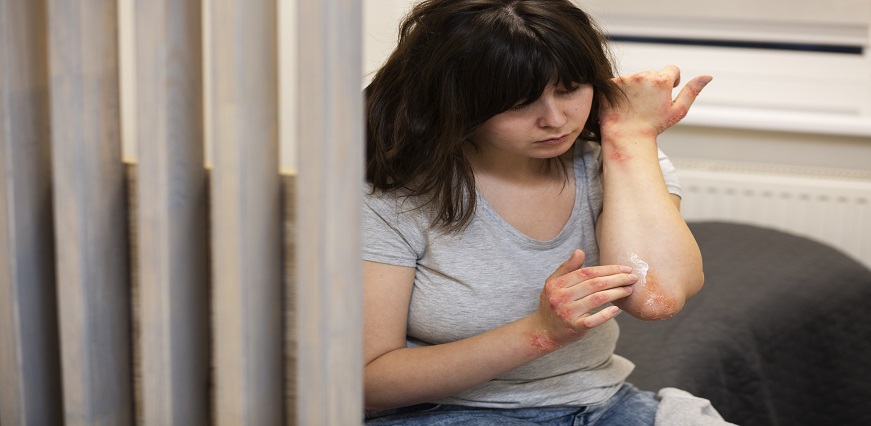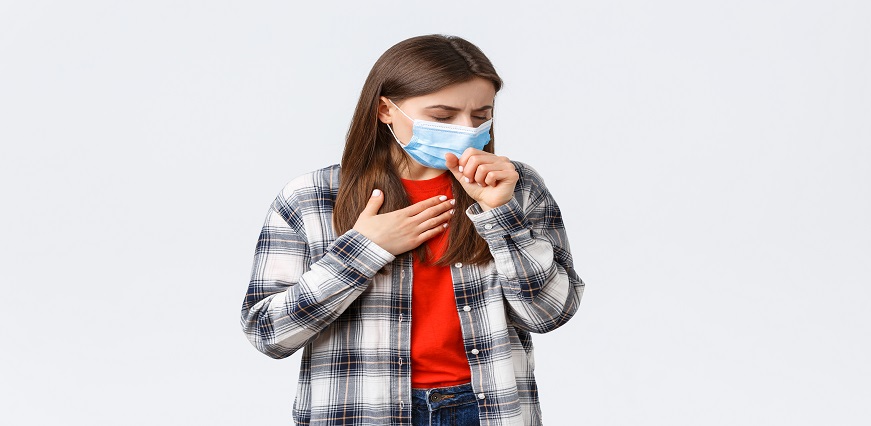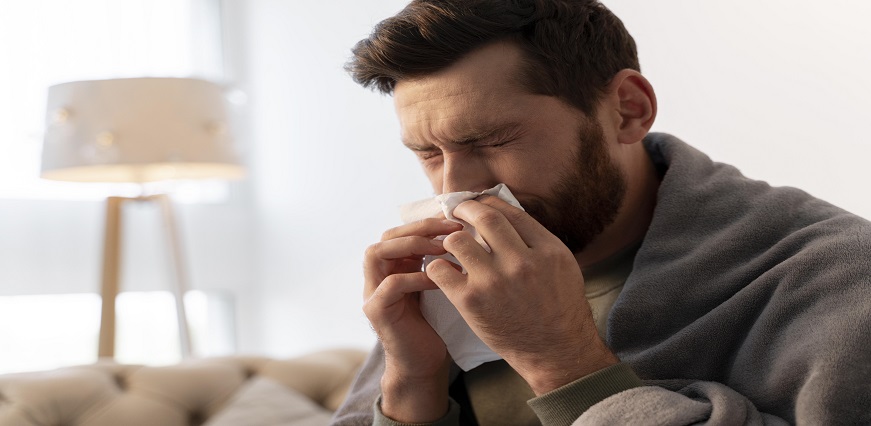





No lab centers are available in this city

Max Lab
Jul 26, 2024
For many people, a mosquito bite is nothing more than just a nuisance. It generally causes a slight itchy bump with a little bit of redness that goes away after a few days. However, for some rare people, a mosquito bite can cause severe allergic-like symptoms called Skeeter syndrome.
From what it means to how to treat Skeeter syndrome, here is all you need to know about this condition:
Skeeter syndrome is a condition where a mosquito bite causes an allergic reaction. The person bitten may experience swelling, itching, redness, or pain at the site of the bite. This type of reaction may develop within hours after the bite and may last for weeks.
While Skeeter syndrome reaction is extreme, it has not been recognized as an autoimmune disorder and is rarely life-threatening. To get relief from Skeeter syndrome, one needs to identify its symptoms and get treated as soon as possible.
In most people, a mosquito bite causes itching and reaction only on the bitten area. However, with Skeeter syndrome, the reaction can spread over a large area, ranging from a few centimetres to more than 10 centimetres.
Here are some of the Skeeter syndrome symptoms: -
Some side effects of Skeeter syndrome include:
Skeeter syndrome is caused by an allergic reaction to the protein found in a mosquito’s saliva. When a mosquito bites, it injects saliva containing polypeptide protein into the skin.
In most people, this causes a minor immune response resulting in a small, itchy bump. However, in people with Skeeter syndrome, the immune system overreacts to these proteins, leading to a more severe allergic reaction.
Some people who may have a higher risk of developing this condition, include:
The exact cause of Skeeter syndrome reaction in people is unknown, but it may be due to changes in the immune system or a high sensitivity to the saliva of a specific mosquito type.
The diagnosis of Skeeter Syndrome is primarily done by checking the patient’s medical history and through physical examination, as there are no specific blood tests to confirm it. The doctor or physician will look for symptoms in the patient, which include significant swelling, redness, warmth, and sometimes blistering at the bite site.
The doctor may also ask some questions to the patient, such as:
There are many Skeeter syndrome treatment options available, ranging from simple home remedies to more involved medical procedures. In adults, the Skeeter syndrome treatment usually involves options that help manage skin-related allergies.
Here are some of the best treatment options for Skeeter syndrome:
Home Remedies
Here are some home remedies for Skeeter syndrome:
OTC Treatments
Here are some over-the-counter (OCT) products that can help manage and cure Skeeter syndrome:
Medical treatments
For those with a history of having severe allergic reactions, the doctor or healthcare provider may recommend injectable epinephrine as a Skeeter syndrome treatment option. This medication, also known as EpiPen, can help stop Anaphylaxis, which is an allergic reaction that causes breathing difficulties.
There is no way to prevent this condition, as no one can control how their immune system reacts to certain proteins. However, one can prevent a reaction by reducing the risk of being bitten by mosquitoes. Also, people with this condition must develop a Skeeter syndrome treatment plan with their doctor.
Here are some ways you can prevent a mosquito bite and get relief from Skeeter syndrome:

















Sign up takes less than 60 secs and gives you access to your offers, orders and lab tests.
Looks like you are not registered with us. Please Sign up to proceed
OTP will be sent to this number by SMS
We have successfully received your details. One of the agents will call you back soon.
 To reach our help desk call 9213188888
To reach our help desk call 9213188888
No Lab Centers are available in this city
Looks like you are not registered with us. Please Sign up to proceed
OTP will be sent to this number by SMS
Not Registered Yet? Signup now.Looks like you are not registered with us. Please Sign up to proceed





 7982100200
7982100200.png)
Comments